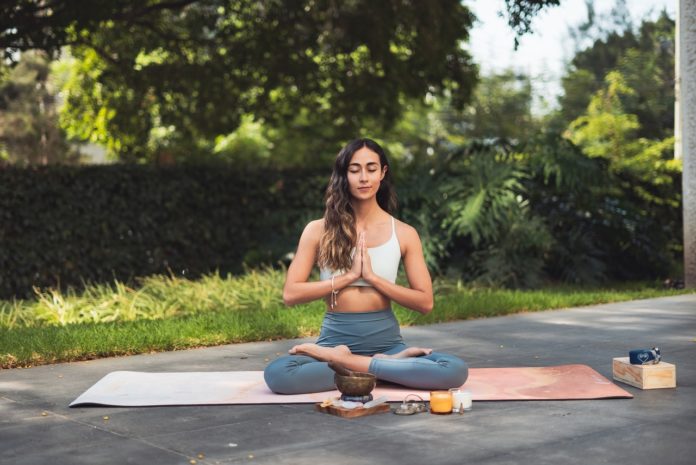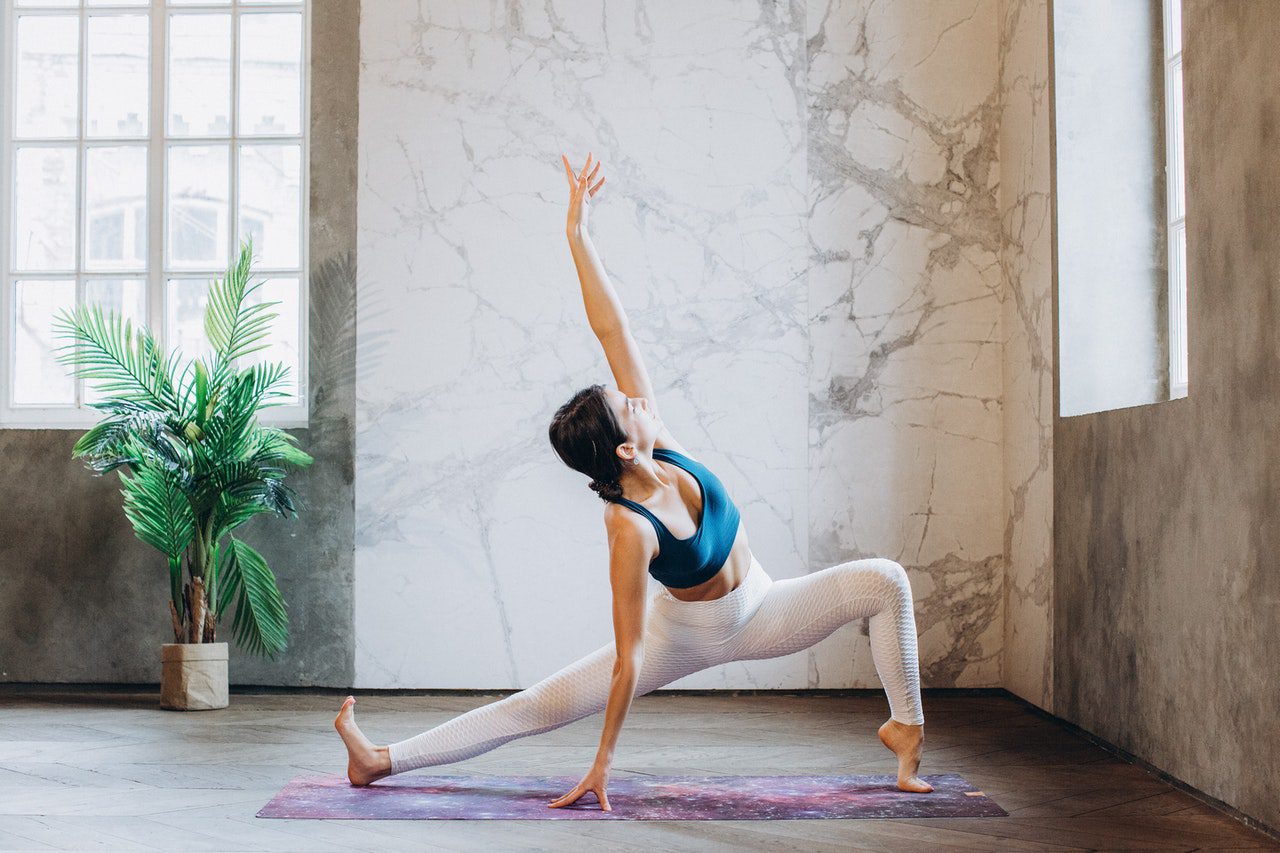Stress and anxiety can often feel like an overwhelming force we cannot control. In this ultimate guide, we’ll explore a variety of tips and techniques that can help you manage stress and anxiety effectively. From mindfulness practices to physical exercise, we’ll cover a range of strategies that can be incorporated into your daily routine.
Whether you want to improve your mental health or find ways to cope with stress, this guide covers you. So please grab a cup of tea, take a deep breath, and let’s dive in.
Understanding stress and anxiety
Stress and anxiety are inevitable parts of life. Stress can be defined as a psychological and physiological response to a perceived threat or challenge. Conversely, anxiety is a feeling of unease, such as worry or fear, that can be mild or severe. Both stress and anxiety can have a significant impact on our physical and mental health.
When we experience stress and anxiety, our bodies release hormones such as cortisol and adrenaline, which prepare us for a “fight or flight” response. This response can be helpful in certain situations, but when experienced for long periods, it can take a toll on our bodies. Chronic stress and anxiety have been linked to various health problems, such as high blood pressure, heart disease, and depression.
The physical and mental effects of stress and anxiety
The physical effects of stress and anxiety can manifest in various ways. These can include headaches, muscle tension, digestive problems, and difficulty sleeping. In addition, stress and anxiety can also affect our mental health. Prolonged stress and anxiety can lead to feelings of irritability, restlessness, and difficulty concentrating.
Why it’s essential to reduce stress and anxiety
Given the negative impact of stress and anxiety on our physical and mental health, finding ways to manage and reduce these feelings is crucial. Reducing stress and anxiety can improve our overall well-being and reduce our risk of developing health problems.
Many techniques and strategies can be used to reduce stress and anxiety. We’ll explore some of these in more detail in the following sections.
Tips for managing anxiety – cognitive behavioral therapy and exposure therapy
Anxiety can be a debilitating condition that can significantly impact our daily lives. Fortunately, many strategies and techniques can be used to manage anxiety.
- Cognitive behavioral therapy (CBT)
One of the most effective anxiety treatments is cognitive behavioral therapy (CBT). CBT is a type of therapy that focuses on changing negative thought patterns and behaviors. You can learn to identify the thoughts and beliefs that contribute to your anxiety through CBT and replace them with more positive and realistic ones.
- Exposure therapy
Exposure therapy is another technique that can be used to manage anxiety. Exposure therapy involves gradually exposing yourself to what triggers your anxiety in a controlled and safe environment. Doing so allows you to confront your fears and reduce your anxiety over time. Exposure therapy is often used to treat phobias and obsessive-compulsive disorder (OCD).
The role of exercise in reducing stress and anxiety
An exercise is a powerful tool for reducing stress and anxiety. Exercise releases endorphins, which are natural chemicals that can help improve your mood and reduce stress. In addition, exercise can also help improve your physical health, which can positively impact your mental health.
Many different types of exercise can be used to reduce stress and anxiety. Some popular options include running, cycling, swimming, and strength training.
It’s essential to find an exercise that you enjoy and that fits into your lifestyle. Try to aim for at least 30 minutes of moderate-intensity exercise each day.
The importance of self-care in reducing stress and anxiety
Self-care is an essential part of reducing stress and anxiety. Self-care involves prioritizing your needs and engaging in activities that bring you joy and relaxation. Some examples of self-care activities include:
- Taking a warm bath
- Reading a book
- Going for a walk in nature
- Getting a massage
- Practicing a hobby you enjoy like playing online games, from the parimatch download
Remember that self-care looks different for everyone, so finding activities that work for you is important.
Nutrition and stress – foods that help and hinder
The foods we eat can also have an impact on our stress levels. Certain foods can help to reduce feelings of stress and anxiety, while others can make them worse.
Foods that can help to reduce stress and anxiety include:
- Foods high in omega-3 fatty acids, such as salmon, walnuts, and flaxseed
- Foods high in magnesium, such as spinach, almonds, and avocado
- Foods high in vitamin C, such as oranges, kiwis, and bell peppers
- Herbal teas, such as chamomile, lavender, and lemon balm
Foods that can make stress and anxiety worse include:
- Caffeine is found in coffee, tea, and chocolate
- Sugar, found in candy, soda, and baked goods
- Processed foods, such as chips and fast food
Also Read: 7 Ways to Deal With Anxiety at Work
Lifestyle changes for reducing stress and anxiety – decluttering and time management
Making specific lifestyle changes can also help to reduce stress and anxiety. Decluttering your living space can create a sense of calm and reduce overwhelming feelings. Start by reviewing your belongings and removing anything that no longer serves you. You can also try to create a more minimalist living space by simplifying your décor and keeping only the items you love and use.
Time management is another vital aspect of reducing stress and anxiety. When we feel like we have too much to do and not enough time, it can lead to feelings of stress and overwhelm. To manage your time more effectively, prioritize your tasks and create a schedule that works for you. It can also be helpful to delegate tasks to others and learn to say no to things that aren’t a priority.
Also Read: 6 Ways of Identifying & Reducing Mental Stress in Healthcare Workers
Seeking professional help for stress and anxiety
If you’re struggling with stress and anxiety, seeking professional help is important. A mental health professional can help you develop coping strategies and support you as you navigate these feelings. Common mental health professionals include therapists, psychologists, and psychiatrists.
Conclusion
Stress and anxiety are an inevitable part of life, but they don’t have to control us. By incorporating the tips and techniques outlined in this guide, you can learn to manage and reduce your stress and anxiety effectively. Remember that everyone’s journey is different, so finding what works for you is important. With the right tools and support, you can take control of your mental health and live a happier, more balanced life.








